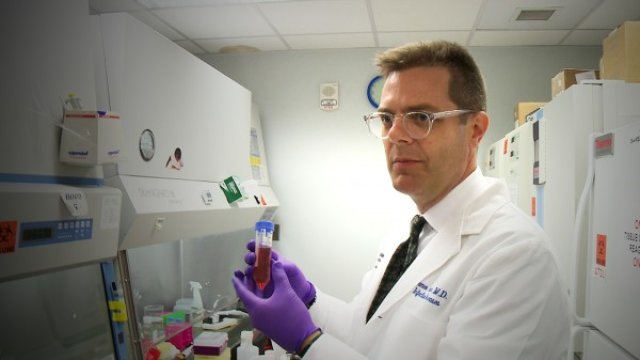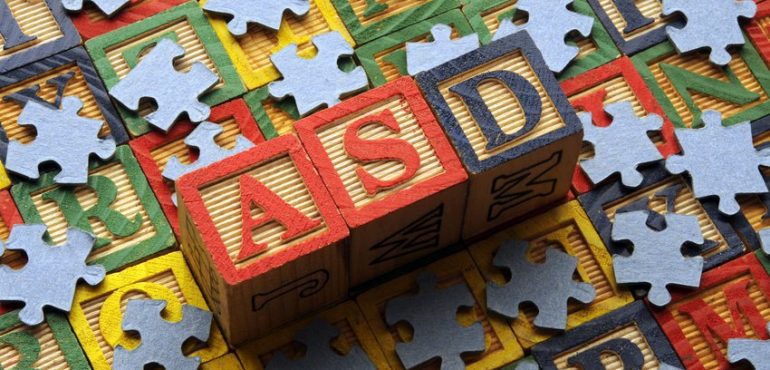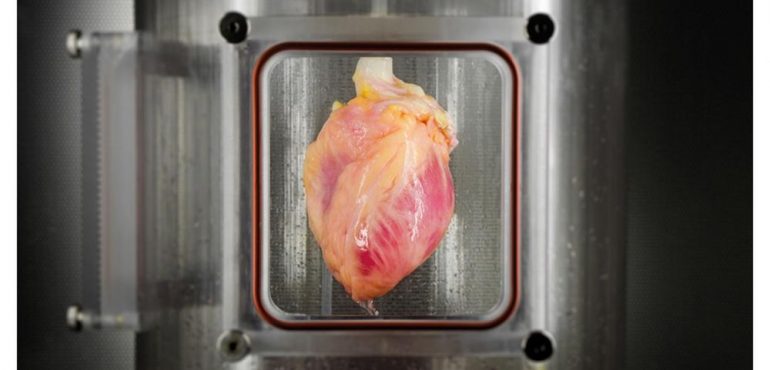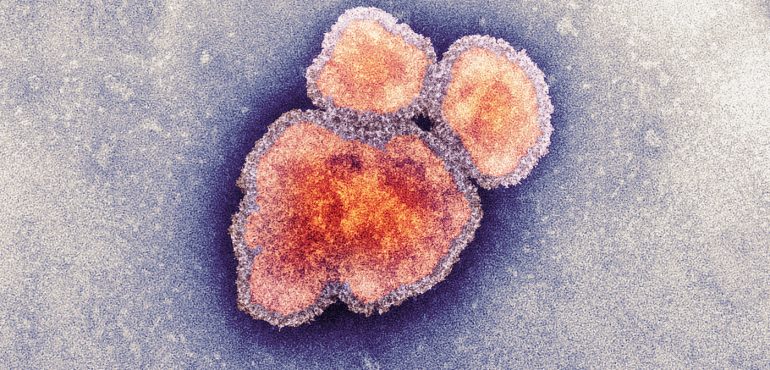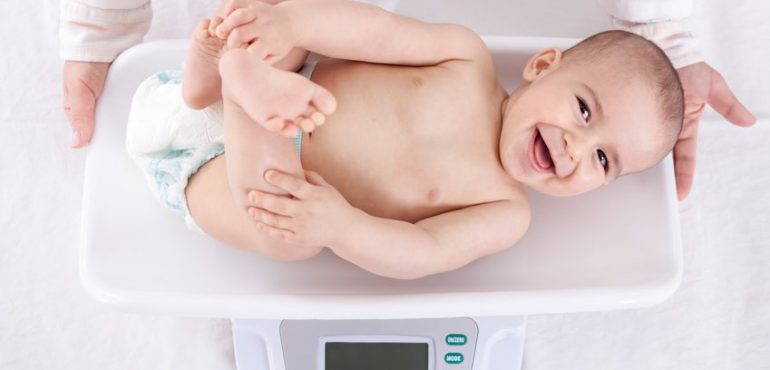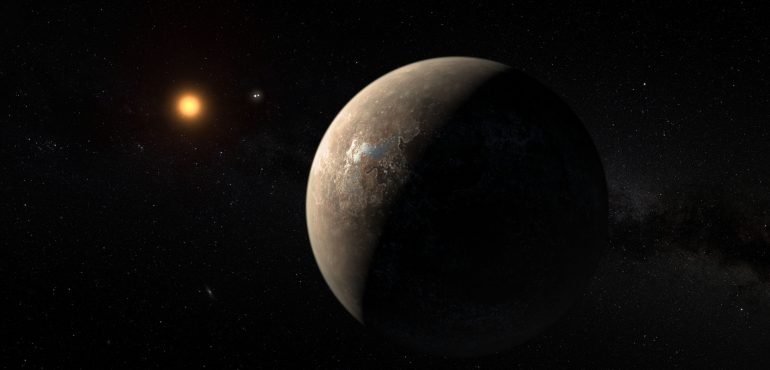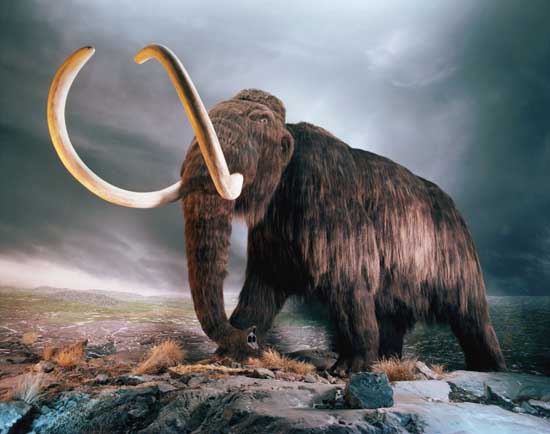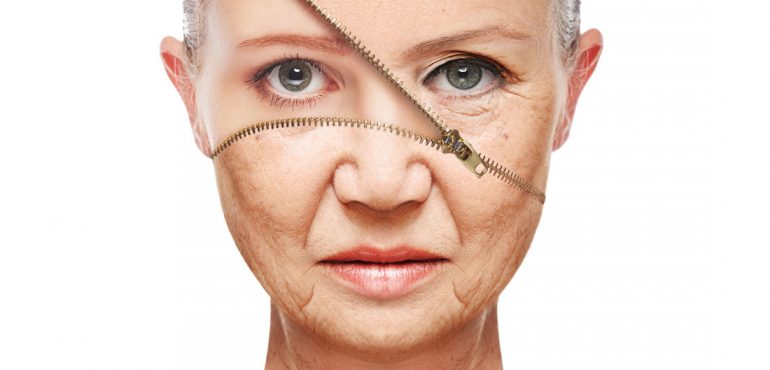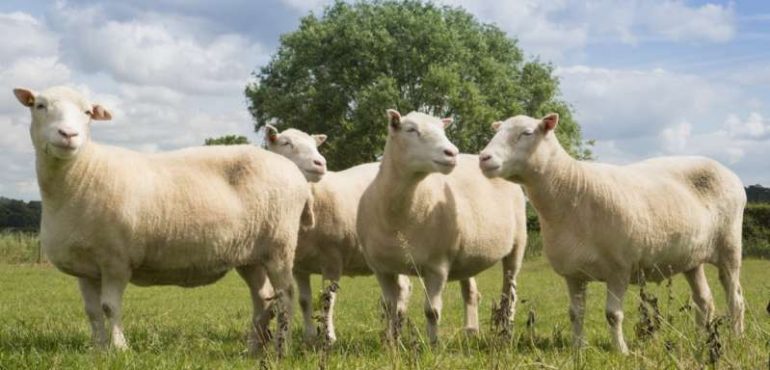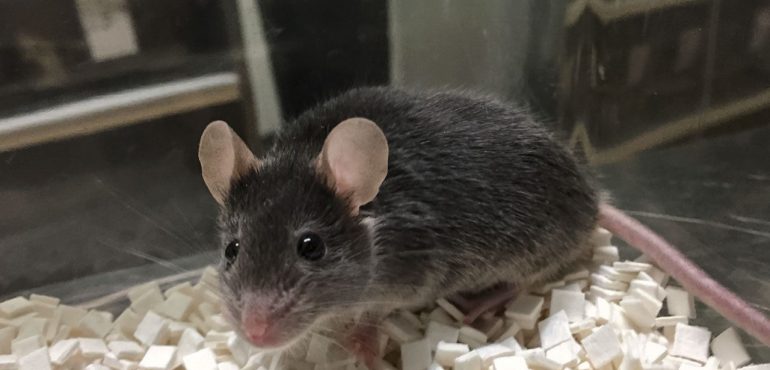Researchers at Vanderbilt University Medical Center and Washington University School of Medicine in St. Louis, Missouri, have isolated a human monoclonal antibody that in a mouse model "markedly reduced" infection by the Zika virus. The antibody, called ZIKV-117, also protected the fetus in pregnant mice infected with the virus, the researchers reported in the journal…
Read more
Early study finds antibody that ‘neutralizes’ Zika virus
